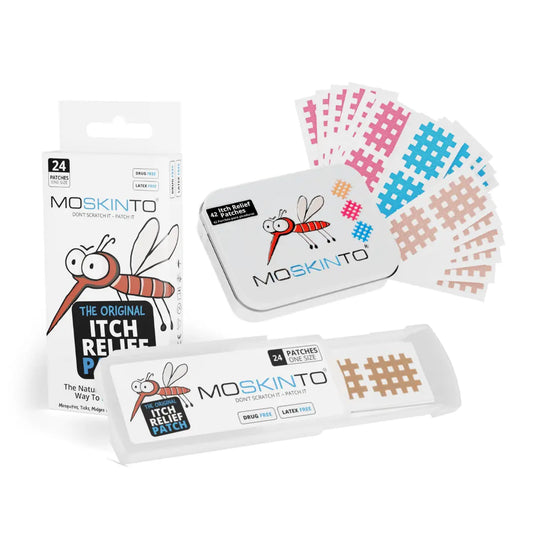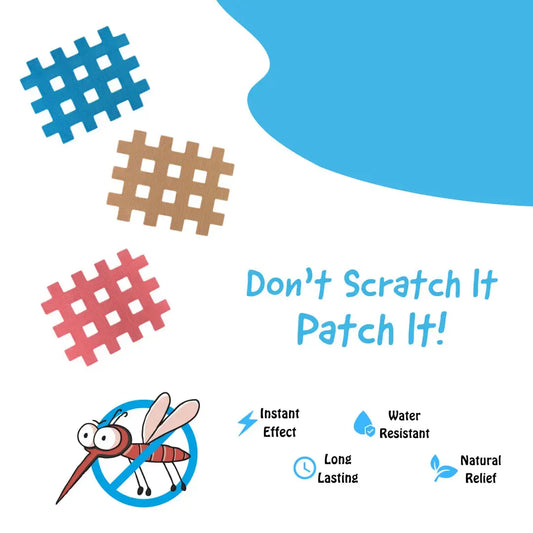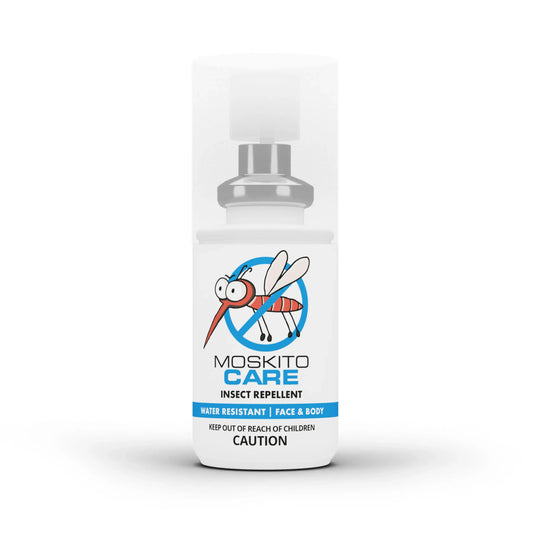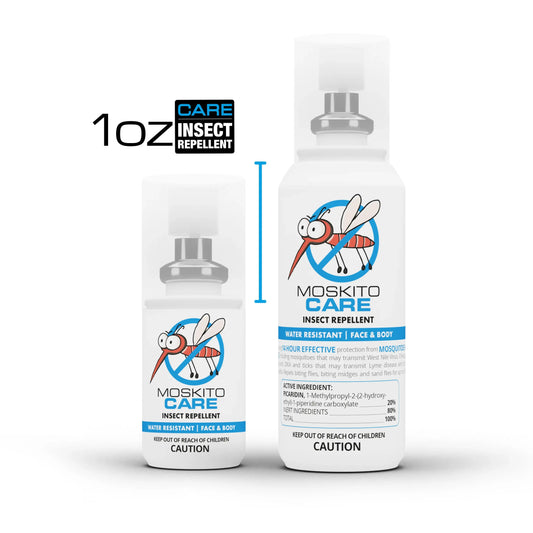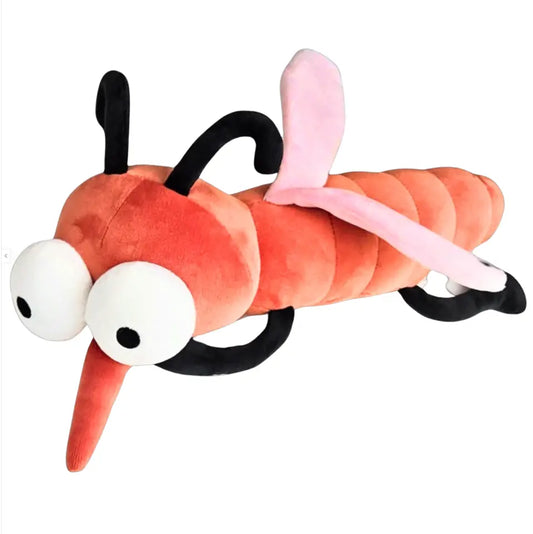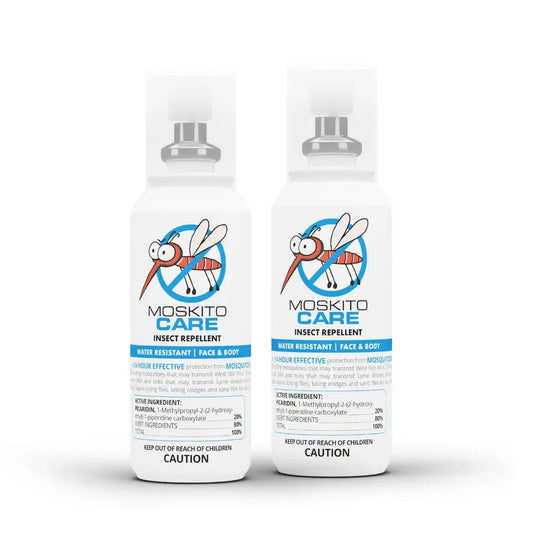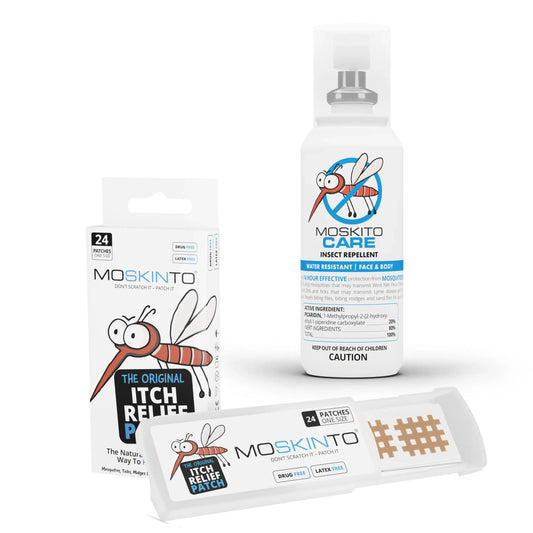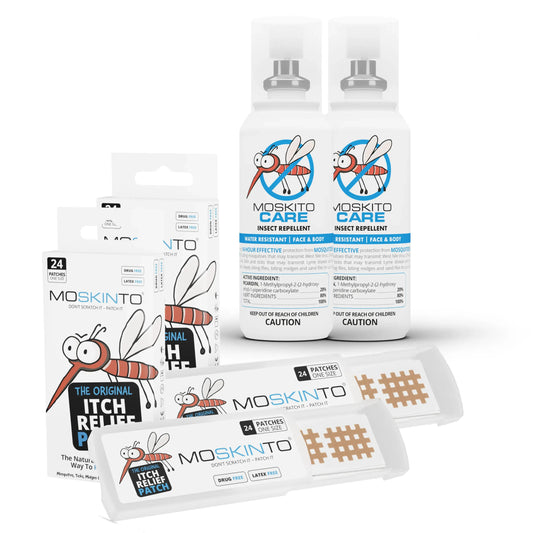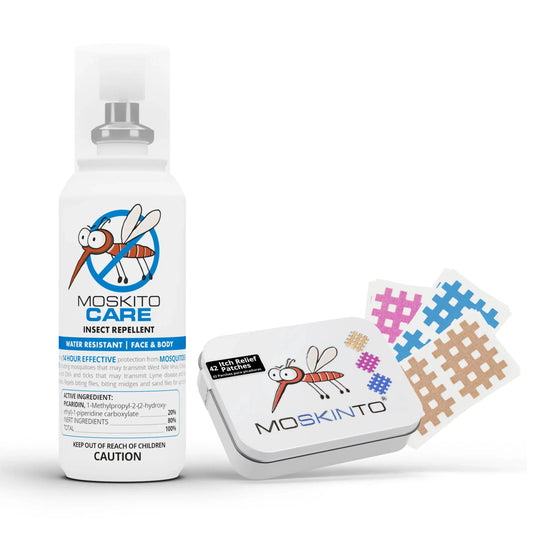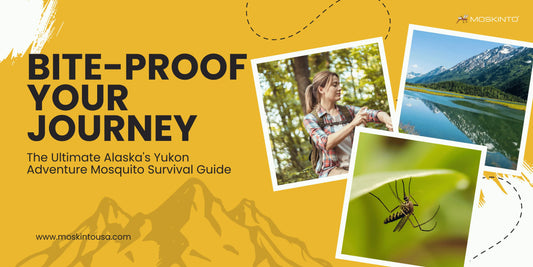Say Goodbye to Bites on the Backswing: Mastering Mosquito Management on Your Golf Course
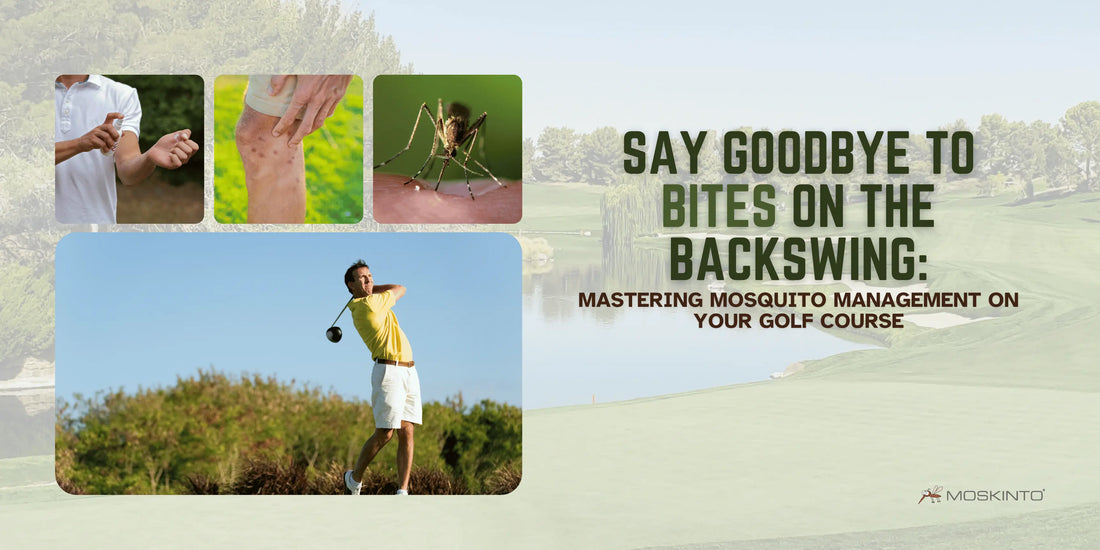
Welcome to the green - an oasis where the only drives should be straight, and the only bites should come from the bunker, not from bothersome bloodsuckers. As peaceful as a day on the course can seem, the swarming presence of mosquitoes can turn your focused game into a flustered swat fest. Understanding the biology of mosquitoes is the first step to reclaiming your fairway. These relentless pests have a life cycle that capitalizes on the slightest of water sources to breed and thrive.
Even the most immaculately manicured courses are not immune to the allure of standing water, providing an unintended haven for mosquitoes. The tiniest of ponds, the casual water hazard, or even a divot filled with rain can serve as the perfect nursery for these insects. Standing water is the cradle of mosquito proliferation, a fact that turns those aquatic features of your golf course into a double-edged sword - beauty with a bite.
Golf courses, with their sprawling greens and tranquil ponds, are irresistibly attractive outdoor havens for mosquitoes, offering both the water and foliage these insects adore. As they buzz from hole to hole, players unwittingly become the target of their next meal. But fear not, for our comprehensive guide will empower you with strategies to keep these unwanted winged visitors off your guest list and maintain a mosquito-free zone from tee to green.
Impact of Mosquitoes on Golfers' Experience
Annoyance and Discomfort: When you're lining up the perfect shot, the last thing you want is the incessant buzz of mosquitoes in your ear. The presence of these pests on the green can significantly disrupt a golfer's concentration and, by extension, their enjoyment of the game. Imagine gearing up for a swing and being bitten at the last second-such distractions can easily throw off your game and sour the golfing experience.
Health Concerns: More alarming than the nuisance factor is the potential health risks associated with mosquito bites. Golfers must be cognizant of the fact that mosquitoes can transmit various diseases, some of which may have severe consequences. Encountering infected mosquitoes on the golf course poses a silent threat to players who are simply looking to enjoy a leisurely round of golf.
- Increased risk of contracting diseases like West Nile virus, Zika, and malaria.
- Necessity for golfers to protect themselves with repellents or appropriate clothing.
- Importance of on-course medical knowledge and readiness to address any potential health issues.
Stay Safe on the Greens: Understanding Mosquito-Related Health Risks
For golf enthusiasts, there's little as enjoyable as a peaceful round on a lush green course. However, lurking amidst the beauty are tiny vectors of disease - mosquitoes. It's not merely the nuisance of their buzzing and biting that golfers should be wary of; these insects can carry and transmit serious diseases that pose direct health risks to players.
Direct Risks: Overview of Diseases Transmitted by Mosquitoes
On the fairway, mosquitoes can be more than just bothersome; they are potential carriers of various infectious diseases. Some of the most common illnesses transmitted by these pests include:
- Zika Virus: While less likely in the continental United States, global travelers could be at risk.
- West Nile Virus: A perennial concern in many regions, presenting with flu-like symptoms and, in severe cases, neurological disease.
- Malaria: Less common in the US but a significant health threat in some tropical and subtropical regions.
- Chikungunya: Known for causing debilitating joint pain, it has seen sporadic outbreaks in the Americas.
It's clear that protecting oneself from mosquito bites isn't just a matter of comfort; it's a health imperative.
Preventative Measures: Ways Golfers Can Protect Themselves
While mosquitoes may seem an inevitable part of the course environment, golfers can take decisive action to reduce their risk of bites and the associated health concerns:
- Use Repellent: Applying insect repellent containing DEET or Picaridin can significantly reduce the chance of bites.
- Dress Wisely: Wearing long sleeves, pants, and hats can provide a physical barrier against mosquitoes.
- Timing: Aim to tee off when mosquito activity is lower, usually midday when the sun is brightest and the wind is up.
- Stay On Course: Avoiding wooded areas or standing water where mosquitoes thrive can limit encounters.
Golfers should stay informed about mosquito activity in their area and take these preventative measures seriously to ensure their health and enjoyment aren't compromised by these tiny yet formidable foes.
Mosquito Control Methods on Golf Courses
Golf courses are notorious for attracting mosquitoes, but there are effective ways to control these pesky insects. Implementing proper mosquito control can greatly enhance the experience for golfers and shield them from health risks associated with mosquito bites. Let's dive into some of the most effective strategies.
Standing Water Management
One of the key battlefield tactics in the war against mosquitoes is managing standing water. Mosquitoes lay their eggs in stagnant water, so removing these breeding grounds is crucial. Regularly check for and drain any areas that collect water, such as ponds, ditches, and depressions on the course. Adequate drainage systems and periodic maintenance can go a long way in mosquito control.
Chemical Control
Chemical sprays are a common mosquito deterrent. Insecticides can quickly reduce the mosquito population when used appropriately. However, it's important to use them judiciously to minimize environmental impact and avoid harming non-target species. Understanding factors like application timing and wind conditions can maximize their effectiveness while safeguarding the local ecosystem.
Organic Repellents
For a more environmentally-friendly approach, organic repellents provide a safer alternative. These repellents, derived from natural sources, are less likely to have adverse effects on other wildlife. Integrating natural repellent options adds an eco-conscious layer to pest management that aligns with modern sustainability initiatives on golf courses.
Benefits of Repellents with Picaridin
Moskinto's Moskito Care harnesses the power of picaridin, a synthetic compound modeled after a compound in the black pepper plant. Picaridin repellents offer extended protection without the skin irritation or strong odors associated with other insect repellents. For golf courses, choosing a picaridin-based repellent like Moskito Care can provide golfers with a pleasant and safe playing environment free from the nuisance of mosquitoes.

